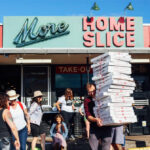In an era defined by rapid digital advancements, particularly in artificial intelligence, equipping young individuals with computer literacy is paramount. Providing opportunities for youth to understand how technology shapes the world and to cultivate the skills and confidence to become digital creators is more crucial than ever.
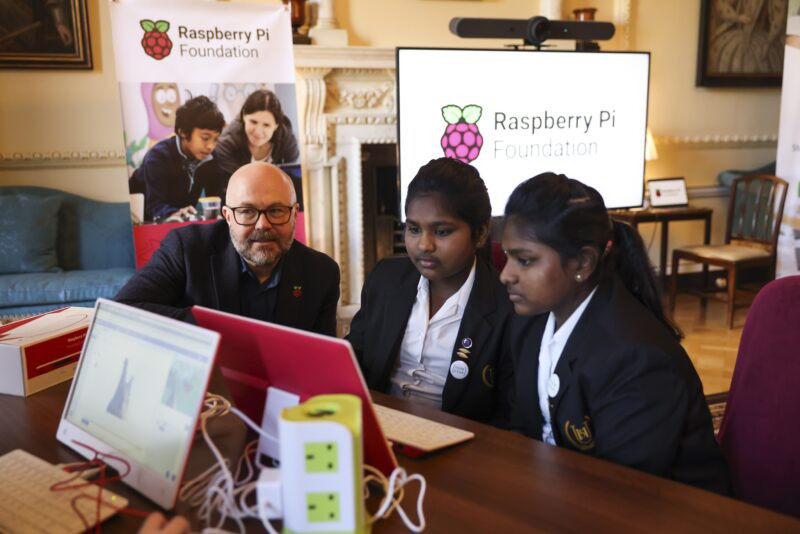 Young learners engage in a Code Club session at Number 10 Downing Street, highlighting the importance of technology education.
Young learners engage in a Code Club session at Number 10 Downing Street, highlighting the importance of technology education.
Hands-on experience in programming offers an unparalleled avenue for developing these essential abilities. Whether it’s through coding animations, designing interactive games, building websites, constructing robot buggies, or even training AI models, practical engagement is key. This is the very essence of what tens of thousands of young people experience daily in Code Clubs across the globe.
Lessons at Number 10 Downing Street
Recently, the Raspberry Pi Foundation had the distinct honor of organizing a Code Club session at Number 10 Downing Street. This special event, “Lessons at 10,” was hosted by Akshata Murty, the wife of the UK Prime Minister, adding significant prestige and attention to the initiative.
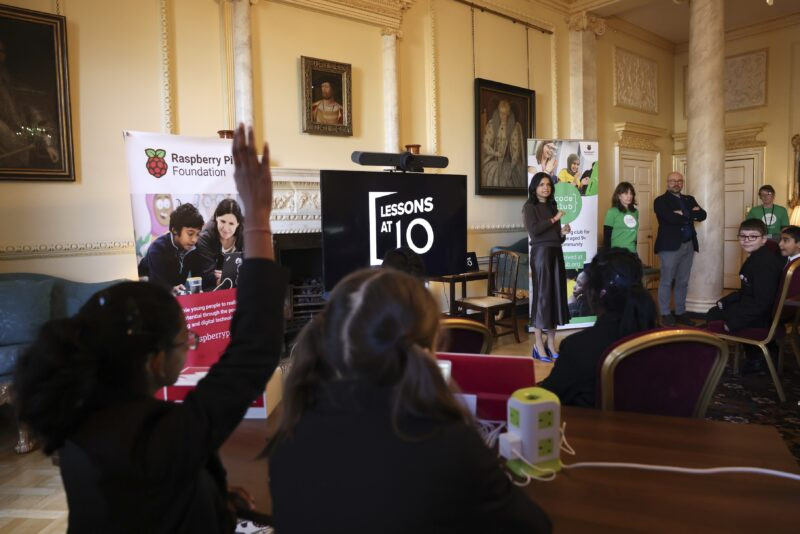 A vibrant Code Club session unfolds within Number Ten Downing Street, part of the Lessons at 10 initiative.
A vibrant Code Club session unfolds within Number Ten Downing Street, part of the Lessons at 10 initiative.
“Lessons at 10” is an inspiring program designed to welcome schoolchildren from across the United Kingdom to Number Ten Downing Street, the Prime Minister’s official residence and a symbol of British governance. Each week, different schools are invited to participate in lessons led by various educational partners, covering a diverse range of subjects, from arts to sciences and now, digital skills.
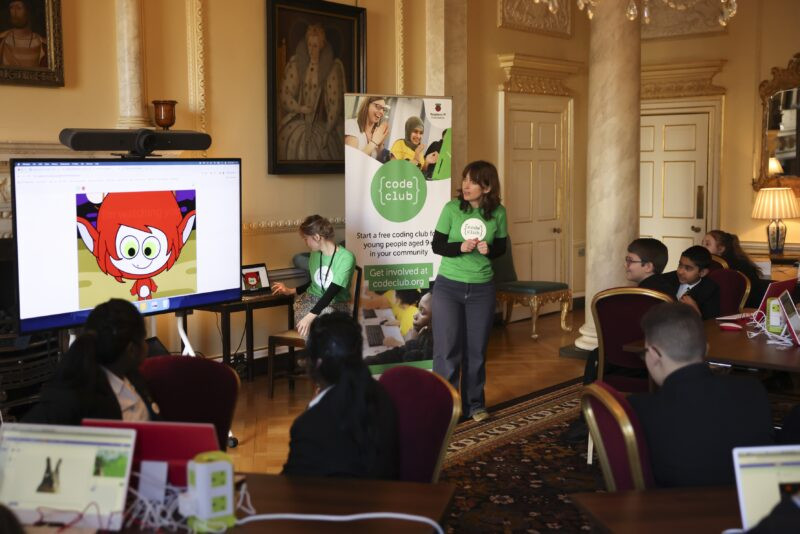 Enthusiastic students participate in a Code Club workshop inside 10 Downing Street, exploring coding projects.
Enthusiastic students participate in a Code Club workshop inside 10 Downing Street, exploring coding projects.
For this particular session at Number Ten Downing Street, 20 Year 7 students (aged 11-12) from schools in Coventry and Middlesex were invited to participate in the Code Club. The students enthusiastically engaged with coding projects, working on the “Silly eyes” and “Ghostbusters” projects from the extensive collection of Scratch projects provided by the Raspberry Pi Foundation. These projects are recognized as excellent starting points for individuals new to the world of programming, offering an accessible and fun introduction to coding concepts.
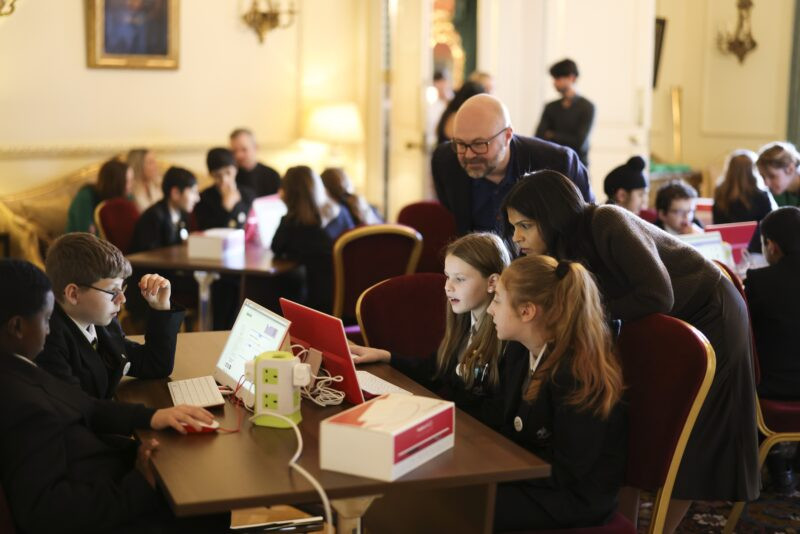 Students focused on Raspberry Pi computers during a Code Club session at Ten Downing Street, learning digital skills.
Students focused on Raspberry Pi computers during a Code Club session at Ten Downing Street, learning digital skills.
Attendees at the Number Ten Downing Street Code Club utilized Raspberry Pi computers, specifically the Raspberry Pi 400, manufactured in Wales, showcasing British technological innovation. The session was conducted in one of the historically significant rooms within Number Ten, which features a portrait of Ada Lovelace, considered the world’s first computer programmer, painted by John Constable. Akshata Murty referenced Ada Lovelace during her address to the students, emphasizing the blend of logic and artistry inherent in computer programming.
Mrs. Murty, whose father co-founded Infosys, a globally renowned technology company originating in India, addressed the students eloquently. She highlighted the critical importance of technology education for all young people, encouraging them to perceive themselves as creators of technology rather than merely consumers.
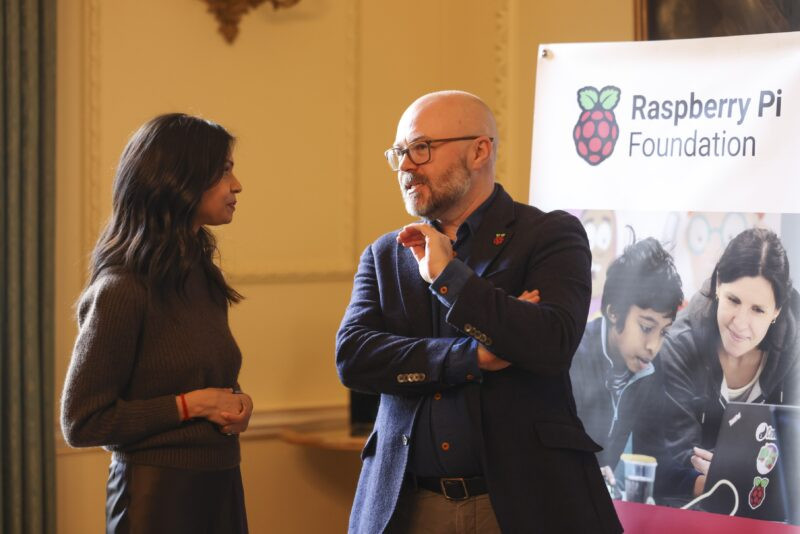 Akshata Murty, alongside Philip Colligan of Raspberry Pi Foundation, addresses students at a Code Club event in Number 10 Downing Street.
Akshata Murty, alongside Philip Colligan of Raspberry Pi Foundation, addresses students at a Code Club event in Number 10 Downing Street.
A Global Movement Rooted in Local Clubs
Since its inception in April 2012, Code Club has evolved into the world’s largest grassroots movement dedicated to free computing clubs. It has played a pivotal role in empowering over 2 million young people to explore their creativity through technology.
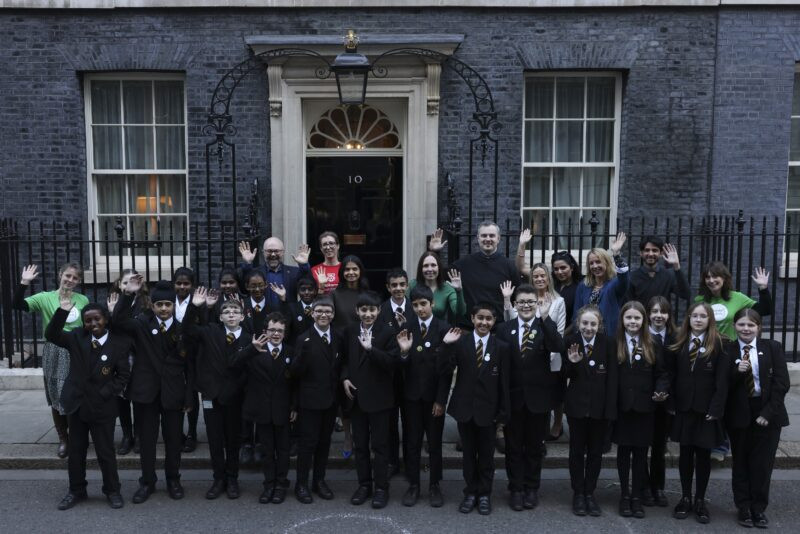 Code Club participants pose in front of the iconic 10 Downing Street, celebrating their coding experience.
Code Club participants pose in front of the iconic 10 Downing Street, celebrating their coding experience.
Code Clubs are committed to providing a free, enjoyable, and secure environment where young individuals from diverse backgrounds can cultivate their digital skills. These clubs are typically run by educators and volunteers and are frequently hosted in schools, libraries, and other community spaces, making digital education accessible within local communities.
The Raspberry Pi Foundation offers a wide array of self-directed projects designed to build young people’s confidence and proficiency across various hardware and software platforms. The overarching objective is to empower them to integrate their logical and artistic capabilities to develop original creations, mirroring the pioneering spirit of Ada Lovelace.
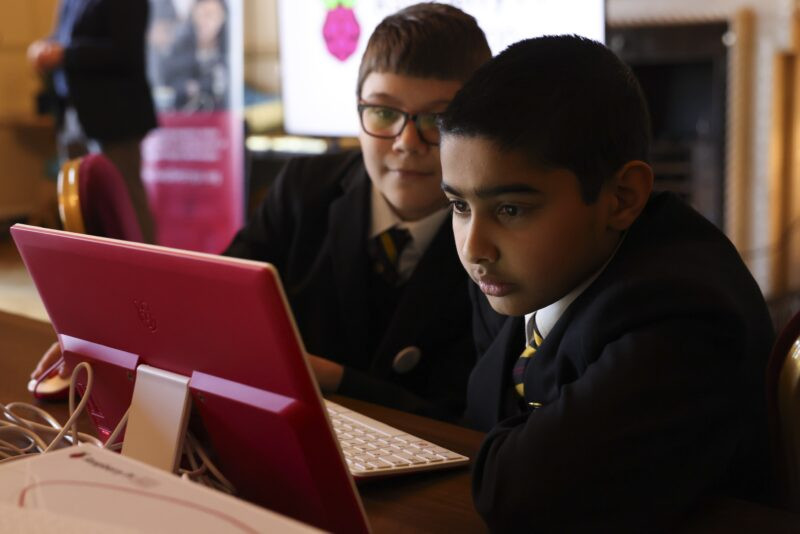 A group of young coders collaborates during a Code Club session at Number Ten Downing Street, fostering teamwork and digital creativity.
A group of young coders collaborates during a Code Club session at Number Ten Downing Street, fostering teamwork and digital creativity.
These projects are intentionally designed to be self-directed, fostering independent and collaborative learning. This approach ensures that individuals do not need to be technology experts to initiate or manage a Code Club. The Raspberry Pi Foundation provides comprehensive support to facilitate the setup process and ongoing operation of Code Clubs.
For those interested in learning more about establishing a Code Club and contributing to this global movement, further information is available on the Code Club website.


